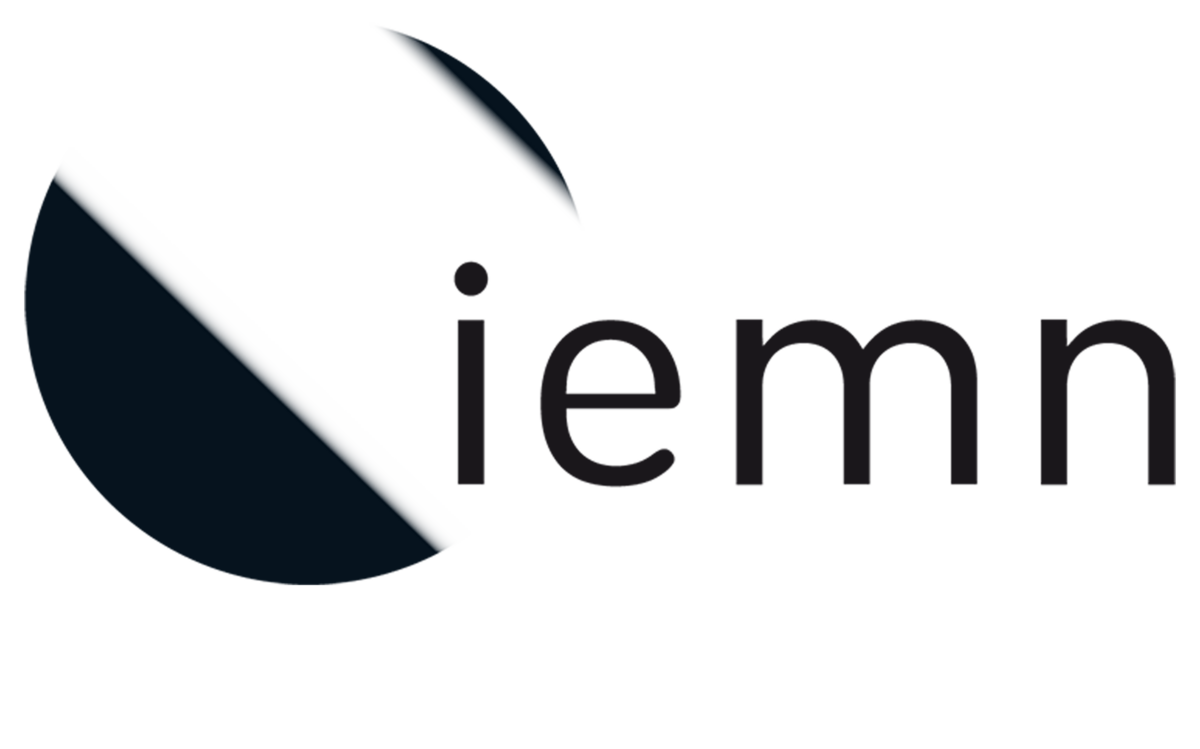Project partners

Centre de Recherche en Informatique, Signal et Automatique de Lille
CRISTAL is a Joint Research Unit (UMR 9189) with 490 members and 34 research teams, delving into diverse and significant contemporary subjects such as artificial intelligence, robotics, cybersecurity, and digital health. Under the supervision of CNRS and in collaboration with the University of Lille, Centrale Lille, Inria, and IMT Nord Europe, CRISTAL includes approximately 155 teacher-researchers, 50 CNRS and Inria researchers, 150 doctoral students, and 35 research support staff.

Institute of Electronics, Microelectronics, and Nanotechnology
Comprising 450 members, IEMN is a research laboratory focused on nanosciences and instrumentation in the field of microtechnologies. With 5 affiliations, the laboratory aims to develop miniaturized technologies in the areas of electronics, photonics, telecommunications, healthcare technologies, electrical energy, the Internet of Things, and transportation. IEMN is a Joint Research Unit combining CNRS, the University of Lille, Polytech Lille, Centrale Lille, and YNCREA.

Unité de Catalyse et Chimie du Solide
The UCCS (UMR 8181) is a laboratory consisting of 14 research teams conducting studies on themes related to energy, environment, and sustainable development, organized around three major scientific axes: Catalysis and Molecular Chemistry, Heterogeneous Catalysis, and Solid-State Chemistry. The objectives of the UCCS include, among others, catalytic valorization of biomass, fine chemistry, plant chemistry, pollution treatment, new fuels, nuclear fuels and waste, fuel cells, and eco-compatible materials.

Unité Matériaux Et Transformations
The science of materials lies at the heart of this unit's activities. With 80 teacher-researchers and CNRS researchers, around 60 doctoral students, 40 administrative and research support staff, and 15 contractual researchers and emeritus professors, UMET is divided into 6 teams covering most aspects related to materials: molecular and therapeutic materials, terrestrial and planetary materials, physical metallurgy and materials engineering, engineering of polymer systems, plasticity and processes at interfaces, and materials hygiene.

Institut de Recherche sur les Composants logiciels et matériels pour l'Information et la Communication Avancée
Hosting approximately 120 teacher-researchers, researchers, students, engineers, and technicians from four different laboratories (CRiSTAL, IEMN, PhLAM, L2EP), IRCICA is a Service and Research Unit (USR-3380) jointly affiliated with CNRS and the University of Lille. Connected objects, tactile and gestural interactions, photonics, and bio-inspired information processing – IRCICA addresses the major scientific challenges of our society, structured as a project hotel.

Institut Michel-Eugène Chevreul
With a workforce of 470 people, this institute is a CNRS Research Federation (FR2638) composed of three Joint Research Units (UCCS UMR8181; UMET UMR8207, and LASIRE UMR8516) and a Service and Research Unit (MSAP USR3290). Supported by 5 affiliations (University of Lille, University of Artois, Centrale Lille, CNRS, and INRAE), CHEVREUL's role is to structure the fields of Chemistry and Materials. The institute possesses an advanced characterization platform and a technological engineering platform for chemistry and materials.

Laboratoire d'Electrotechnique et d'Electronique de Puissance de Lille
Comprising 107 members, including approximately 40 doctoral students and 20 post-doctoral researchers and engineers, L2EP aims to excel in the field of Electrical Engineering and scientific research through its 4 teams (control, networks, power electronics, and digital tools and methods). This laboratory is the result of collaboration between the University of Lille, Arts et Métiers sciences et technologies, the École Centrale de Lille, and Hautes Études d'Ingénieur (junia HEI).
GEMTEX
GEMTEX is made of 3 research groups: HCD (Human-Centered Design), MTP (Multifunctional Textiles and Processes), and MTC (Mechanical Textile Composites). This multidisciplinary national research laboratory, affiliated with the University of Lille and the ENSAIT Engineering School, aims to develop advanced materials, processes, and computational techniques for innovation in the textile industry. As a result, smart textiles (sensors, actuators, and wearable systems) and sustainable textile development (LCA, circular economy, textile recycling, green materials) constitute two cross-cutting research themes within GEMTEX.

